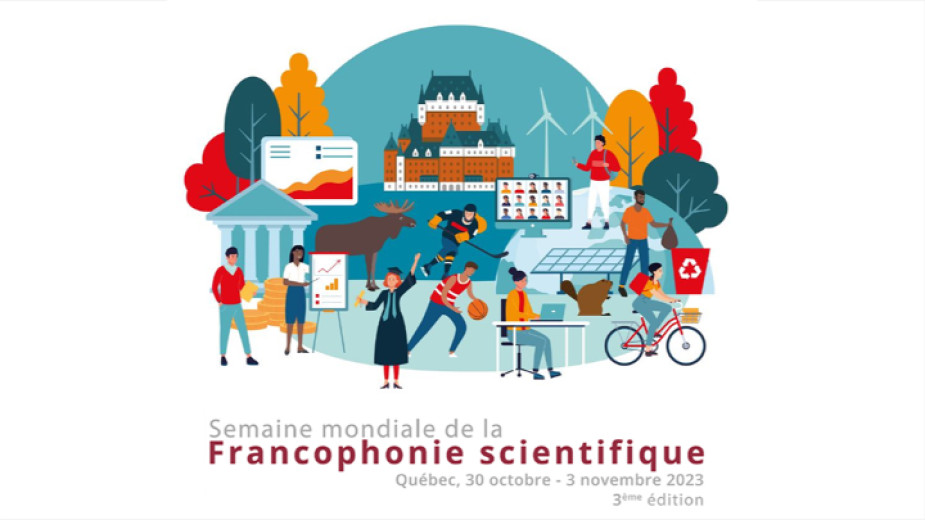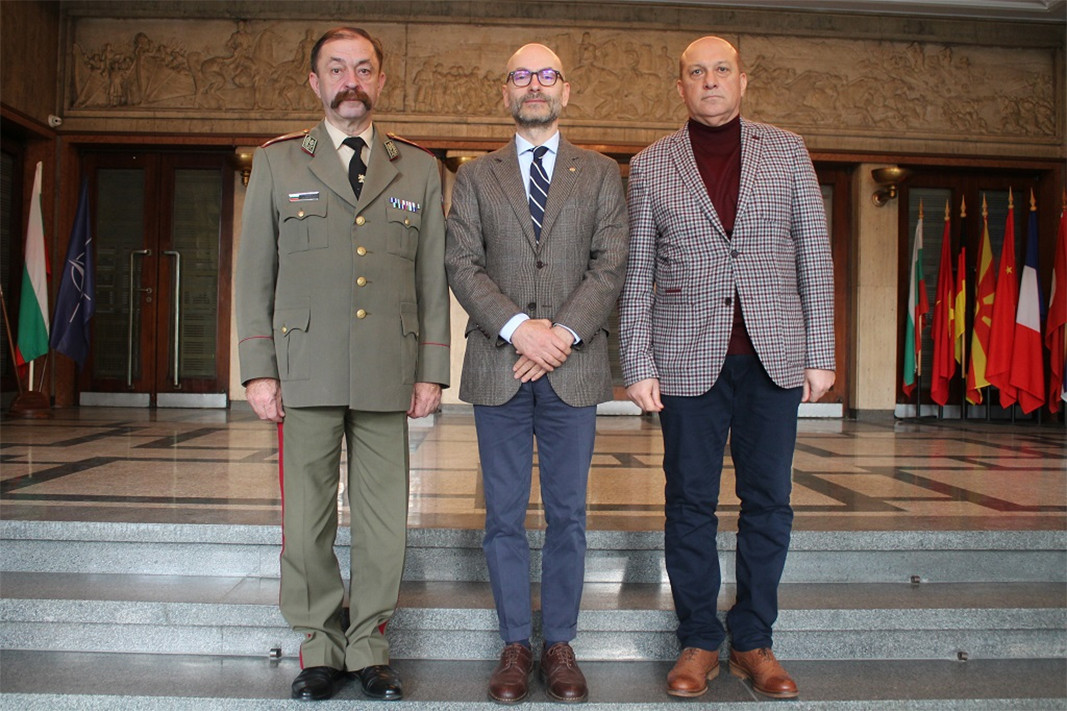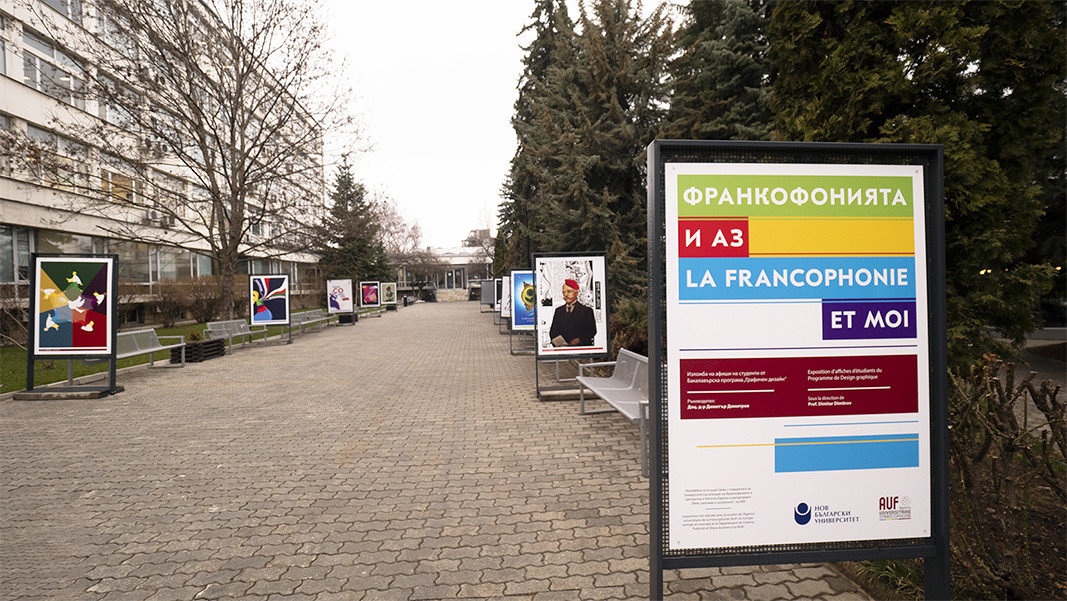 2
2
Bulgaria is represented at the World Week of Scientific Francophonie, which takes place from October 30 to November 3 in the Canadian city of Quebec. It is an annual forum organized by the Francophone University Agency (AUF).


The head of the national office of AUF in Bulgaria draws attention to the difficulty that scientists encounter when working in a language other than English, because of the way of evaluating scientific research and valuing scientific work, which is entirely related to publications, citations and presence in various databases in English. However, there is still interest in scientific work in French among Bulgarian students and scientists:
Bulgaria celebrates National Reading Day on the third Friday of November. The Reading Foundation is leading the initiative under the motto: “Read. For Real”. According to the OECD's PISA 2022 study, 53% of 15-year-old students in Bulgaria have..
On November 21–22, 2025, the 11th edition of the Career Fair will take place at the John Atanasov Hall in Sofia Tech Park. The forum aims to support early career orientation for young people in Bulgaria and is organized by the Bulgarian Global..
From fear and doubts to joy and support – Bulgarians react differently to the upcoming introduction of the euro on January 1, 2026. For some, it is a logical step towards Bulgaria’s integration into the EU with promises of stability..
The Bulgarian minority in Romania marked a significant event with the official opening of the Bulgarian Inn in the village of Izvoarele (Hanul..

+359 2 9336 661
